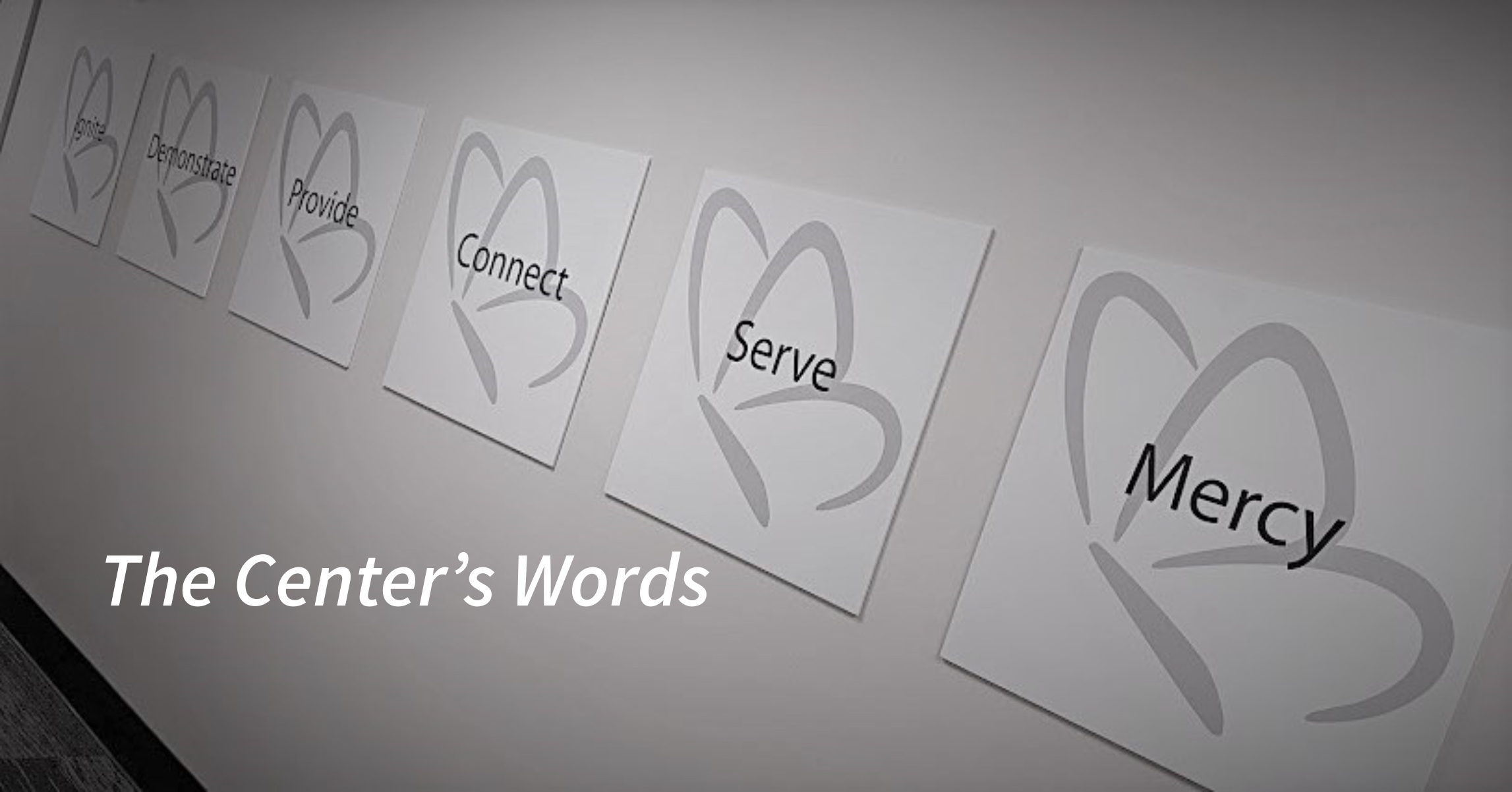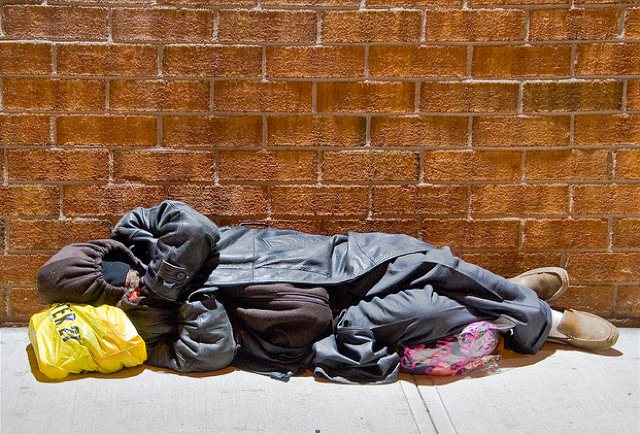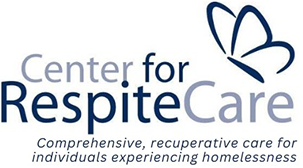
World Homelessness Day — the challenges continue
Laurel is the CEO of the Center for Respite Care and a member of the steering committee of Healthcare for the Homeless/Respite Care Providers Network.
October 10 was World Homelessness Day. This offers a time to review the state of people experiencing homelessness. The Center for Respite Care has treated people experiencing homelessness for over 21 years. In that time, while we have increased our ability to serve, the challenge of homelessness has not diminished.

The Center’s core mission is to provide respite and healing to adults released from the hospital with nowhere else to go. Some people stay with us for a month — some much longer. We work with numerous organizations that span the continuum. Our mutual goal is to mitigate the risk of homelessness.
We recently reviewed the current state of the challenges. Importantly, while the most intense part of the pandemic has passed — it continues to have an impact on the world in which we operate.
In a recent piece (October 7, 2024) by author Annabelle Ortiz, she expressed her own experiences.
“There Just Aren’t Enough Services to Prevent Homelessness
When I worked with people experiencing homelessness, I kept hearing about the obstacles to help. Then, I experienced them myself.
Do you know anyone who has experienced homelessness in the United States? Often, it’s hard-working parents who give back to their communities — maybe people just like you.
I worked with people experiencing homelessness and helped women who were survivors of domestic violence. Then, I experienced domestic violence myself and lost my own home. After that, I knew first-hand what it was like.
I’m a woman of faith and married an elder from my church. It came as a terrible shock when I suffered a severe injury from violence at his hands and had to take my children from a previous relationship and flee our home.
There weren’t safe openings in the shelters where my children and I could be together, so I sent them to be with their father while I tried to survive homelessness and get back on my feet.
I applied to my state’s crime victims compensation fund to help secure housing and reunite with my children, but this process took over two years. In the meantime, I had major surgery whose complications resulted in permanent disability and left me unable to sustain meaningful employment.
I was disabled, separated from my children, homeless, and in shock. Life wasn’t supposed to be this way.
When my victim’s compensation funds finally came through, I got my children and relocated us to another state where we would be safe. I was accepted into a leadership institute and began cooking meals for those in need. I started my ministry. The leadership program even used my story to train social workers.
Social Security Disability Insurance (SSDI) and Temporary Assistance for Needy Families (TANF) helped us through the hard times. With prayer and a modest safety net, I was back on track.
Then COVID-19 hit. The homeless shelter I cooked for closed down due to insufficient funds. SSDI mistakenly halted my payments due to a clerical error that would take months to sort out. My rent skyrocketed overnight. I quickly fell behind on rent and ended up back on the street.
Here’s what I’ve learned from the people I’ve ministered to — and my bad luck: There are precious few services that help prevent homelessness. The obstacles to assistance when we need it are many. You must be destitute to receive help, and as soon as you begin to get back on your feet, that critical assistance can be pulled away.
Further, it’s more expensive to have assistance programs kick in after the tsunami and toss us a sponge for cleanup. We need to prevent the storm from happening in the first place. We aren’t homeless due to desire. Grave things have happened to us, most of them beyond our control.”
Also of interest, the following was observed by Baptist News Local (October 9, 2024)
“The increase in homelessness coincided with the end of pandemic-related federal funding for shelter beds, which had been provided through the CARES Act and other grants. The expiration of city, county, and state-level eviction moratoriums was another contributor, HUD said.
The study underscores the gravity of a June U.S. Supreme Court ruling clearing the way for municipalities to fine and jail people living in unsheltered conditions. The 6-3 decision in Grants Pass v. Johnson backed an Oregon town’s prohibition against sleeping or camping in public spaces even when local shelter space is insufficient or unavailable.
Proponents of the law said it allows authorities to protect public health and safety, while opponents said the ordinance criminalizes the status of homelessness.”
There are many more stories about challenges and opportunities. The Center continues to serve some of our community’s most vulnerable. We seek support from individuals, government, and funding organizations. If you are interested in volunteer work — we gladly accept your hand in teaching skills to our clients, providing meals, and general volunteer support. If you prefer to give goods, please check our website for needed items (generally personal hygiene products and clothing.), and if you would like to contribute financially, we shortly enter our annual campaign.
Thanks to individuals and organizations who work with us to serve. We could not do it without you.

